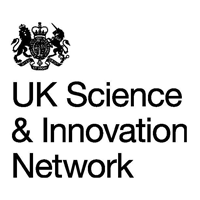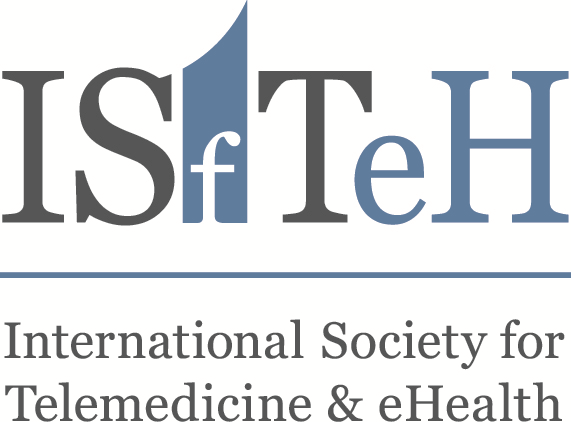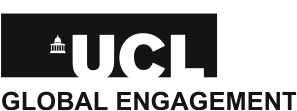Oliver Morgan
Role: Keynote Speaker
Affiliation: Health Emergencies Programme, World Health Organization
Early detection and robust response to acute public health events protects people`s health and save lives. Traditionally, public health systems have been based on surveillance data gathered about patients or individuals` laboratory tests: a spike in cases above a background rate of disease triggers an outbreak investigation. Such surveillance systems have become increasingly important for detecting outbreaks where cases have a wide geographical dispersion. However, patient-level surveillance systems can be difficult to establish in very resource-limited settings and are sometimes of limited utility during acute events for which no baseline data are available.
To complement surveillance of patients or individuals, surveillance for events, sometimes done through semi-automated searching of online data, can also help identify outbreaks or new public health issues. A next generation of event-based surveillance is currently under development at WHO along with key partner organizations, which will enable epidemic intelligence thought the synthesis of a wide range of structured and unstructured data.Managing public health emergencies and controlling disease outbreaks requires timely data about disease transmission (epidemiology) and public health interventions, such as health care services, vaccination, or water supply. However, it is not always apparent what information to collect, how it should be collected, and who should analyse it.
In addition to the often chaotic environment of emergencies, major barriers to rational data collection for decision making include the lack of standardization of data collection protocols, absence of data sharing agreements between multiple partners, and a wide variety of analysis tools used in the field. Moreover, compilation, cleaning, and analysis of data during emergencies often takes longer than is useful for decision makers, who may need to take decisions within 24-48 hours. Several software tools have been proposed for automating data collection and analysis of emergency public health data, but few meet the challenges of real-life field settings.
In my presentation, I will discuss how the newly established Health Emergencies Programme at the World Health Organization is leveraging data for more reliable detection of new public health emergencies and making field data collection more responsive for public health decision makers who are on the front lines of protecting health.
Biography:
Dr. Oliver Morgan is the Director of the Health Emergency Information and Risk Assessment Department in the WHO Health Emergencies Program. From 2007 through 2016, Dr. Morgan worked for the US Centers for Disease Control and Prevention during which time he held critical leadership positions in the Ebola response between November 2014 and February 2016 (CDC Atlanta Ebola Response Incident Manger and CDC Country Director in Sierra Leone).
From March 2010 to October 2014, Dr. Morgan was the CDC Country Director in the Dominican Republic. Dr. Morgan was an Epidemic Intelligence Service Officer at CDC from 2007 to 2009 with the International Emerging Infections Program, during which time he conducted projects in Thailand, Bangladesh, Kenya, Uganda, and Guatemala. Before joining CDC, Dr. Morgan worked for the UK Health Protection Agency, leading epidemiological investigations of outbreaks (enteric, vaccine preventable, hospital acquired, zoonotic, respiratory, and sexually acquired infections), chemical andradiation exposure incidents, terrorist bombings in London, natural disasters, and humanitarian civil conflicts.
Dr. Morgan has also worked as a consultant to WHO/PAHO in several countries. Dr. Morgan’sacademic achievements include a doctorate in epidemiology from Imperial College London and extensivepublication in peer reviewed journals and reference books.
Supported by:
Partners:












